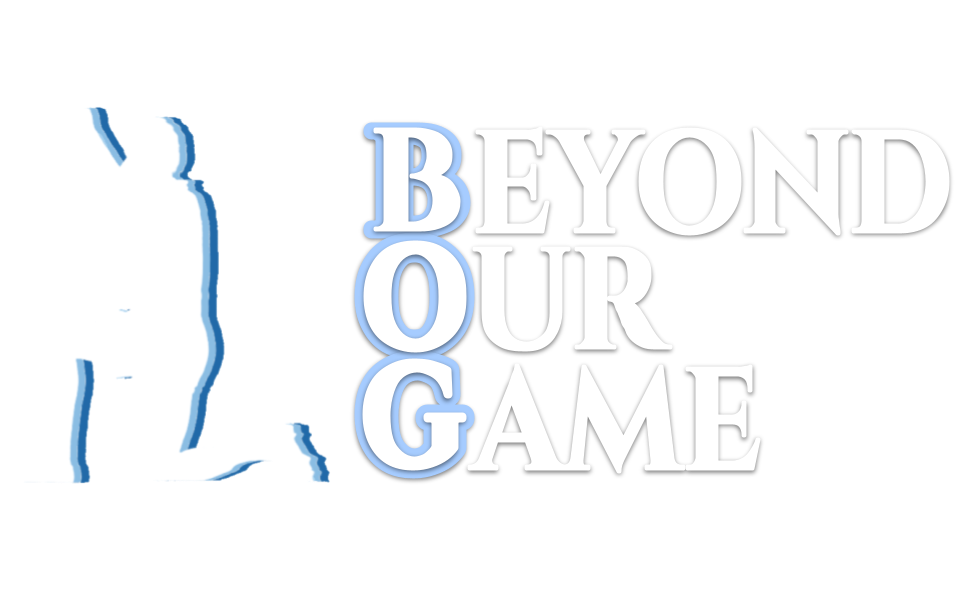Brianna's Story
Brianna Pinto
When I reflect on my experience with sports, I appreciate the investment that my parents made in me. My parents operate with the belief that sports can bring a world of opportunity, socially, financially, and emotionally. In terms of the social aspect, sports allow people from different backgrounds to compete toward a common goal. Under my experience with soccer, I have made some of the most unlikely, yet meaningful relationships. Financially, sports are a long-term investment. My parents spent tens of thousands of dollars on equipment, travel, lodging, and training fees throughout my youth soccer career. In turn, I have earned a full scholarship to the University of North Carolina and have traveled to 22 countries with the national team. In the coming months, I will sign a professional contract with Sky Blue FC. I am blessed to say that the financial return on investment has been far greater than what my parents initially spent. In the emotional aspect of sport, you learn how to operate under pressure, collaborate with others, and manage the highs and lows that come. This experience is invaluable in work and school settings because you are conditioned to strive for excellence in everything that you do. While soccer has shaped my identity and offered a level field of opportunity, I have been forced to reckon with my identity and access to opportunity in life outside of sports.
Since soccer is a middle to upper class sport in America (primarily due to financial stipulations), I have often been the only black girl on my teams. Growing up, I strove to assimilate–in how I styled myself and acted. This compromised my self-love and comfortability with my natural features. At my youth soccer club, it was common to wear your hair in a high, side ponytail. In efforts to achieve this hairstyle, I permed by hair. The constant strain from this hairstyle caused breakage and years worth of insecurity about my hair. The lack of diversity on my team played a significant role in who I spent my time with. I had very few people who I can relate with on a deeper level, or people who could make me comfortable in my blackness. Since I was intelligent and eloquent, I would often hear “you talk like a white girl,” or “you’re the whitest black girl I’ve ever met.” At the time, I let these microaggressions slide because I did not understand the gravity of the issue in statements like those. Fortunately, as time went on, I met more girls like me, who validated my identity and made me comfortable in my own skin. I reverted back to my natural hair, invested in black culture, and unapologetically presented myself as who I am meant to be.
Today, I am comfortable speaking out against racism because I no longer care what my white peers think of me. This personal growth allowed me to find my true voice and use it in every applicable setting. Dealing with the intersectionality of being black and a woman robbed me of my confidence when I was young. This was a byproduct of the structural and financial barriers to playing soccer in America. However, as I climbed the ranks of American soccer and built relationships with more likeminded black women, I finally gained the support system I needed to thrive. I currently serve as a mentor to young female athletes through Voice in Sport. I help guide young girls through their journey with sports and encourage them to be confident in who they are. Another leadership role is with the U.S. Soccer Athlete Council. I ran a campaign called Next Gen United, which is a group of five young and diverse athletes committed to improving diversity, equity, and inclusion in the U.S. Soccer Federation. We believe representation in terms of race, gender, ability, and age are essential for the success of our Federation. It will ensure that we govern the Federation in a way that is beneficial to ALL athletes, no matter who they are.
Racial equality to me means creating systems where discrimination of all kinds is impermissible. In order to create an equitable and inclusive environment, we must have representation of all types of people at every level in the system. With respect to soccer, this requires diversity within player pools, coaching staffs, support staffs, referees, and elected officials. Nevertheless, representation must be the minimum. Racial equality is achieved when people have financial, social, and emotional resources to rely on, so every individual’s humanity is nurtured throughout their experience. As a result of my experience as a black women’s soccer player, I am committed to fighting for equality in the world of sport and beyond.

